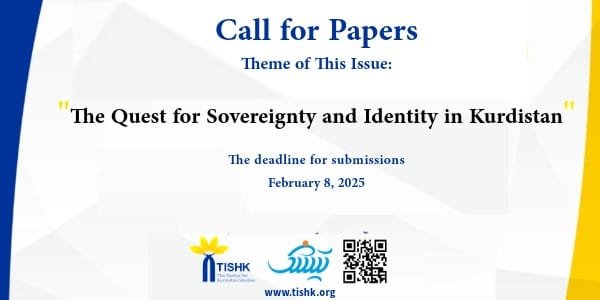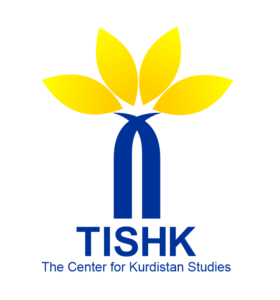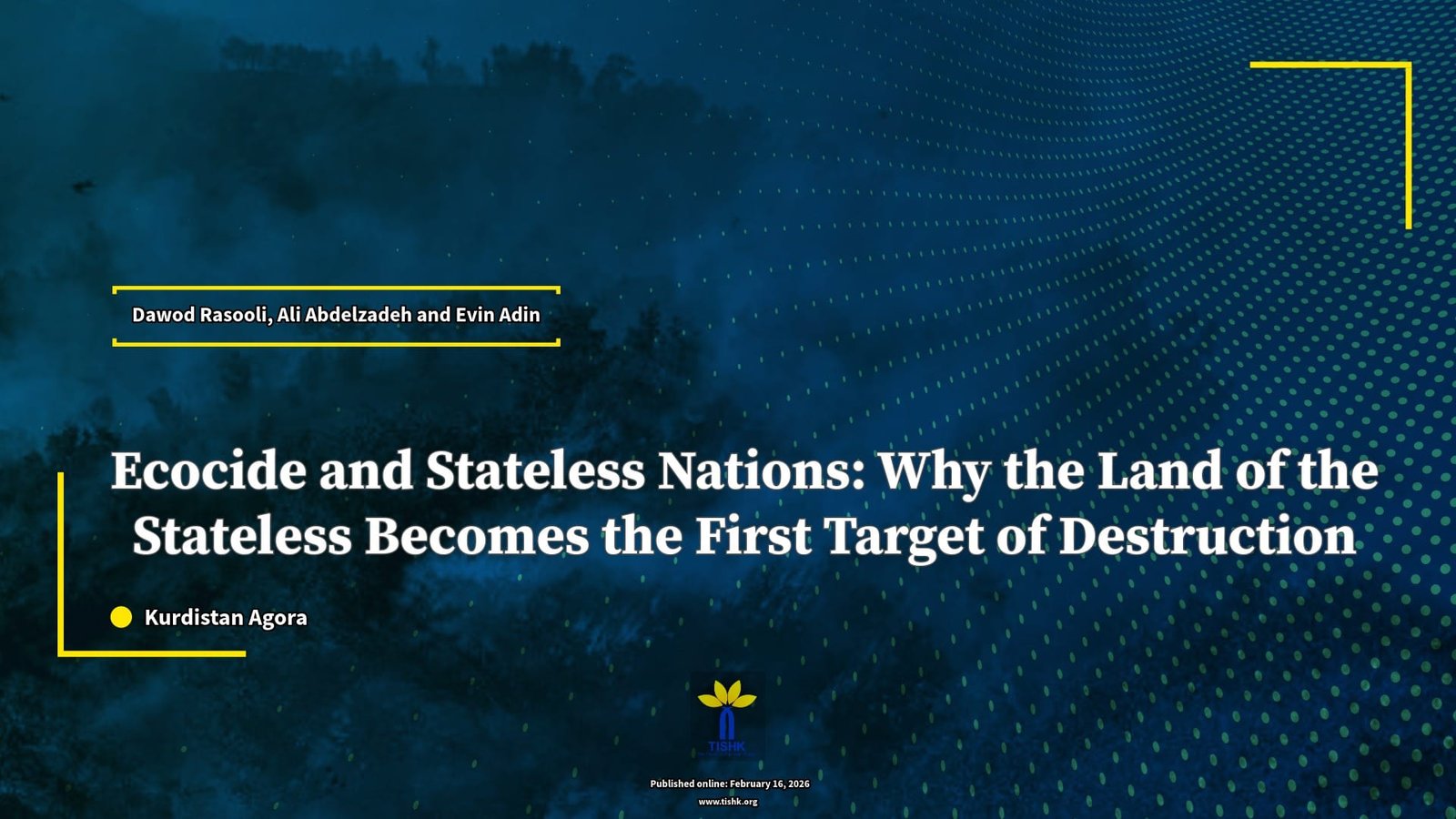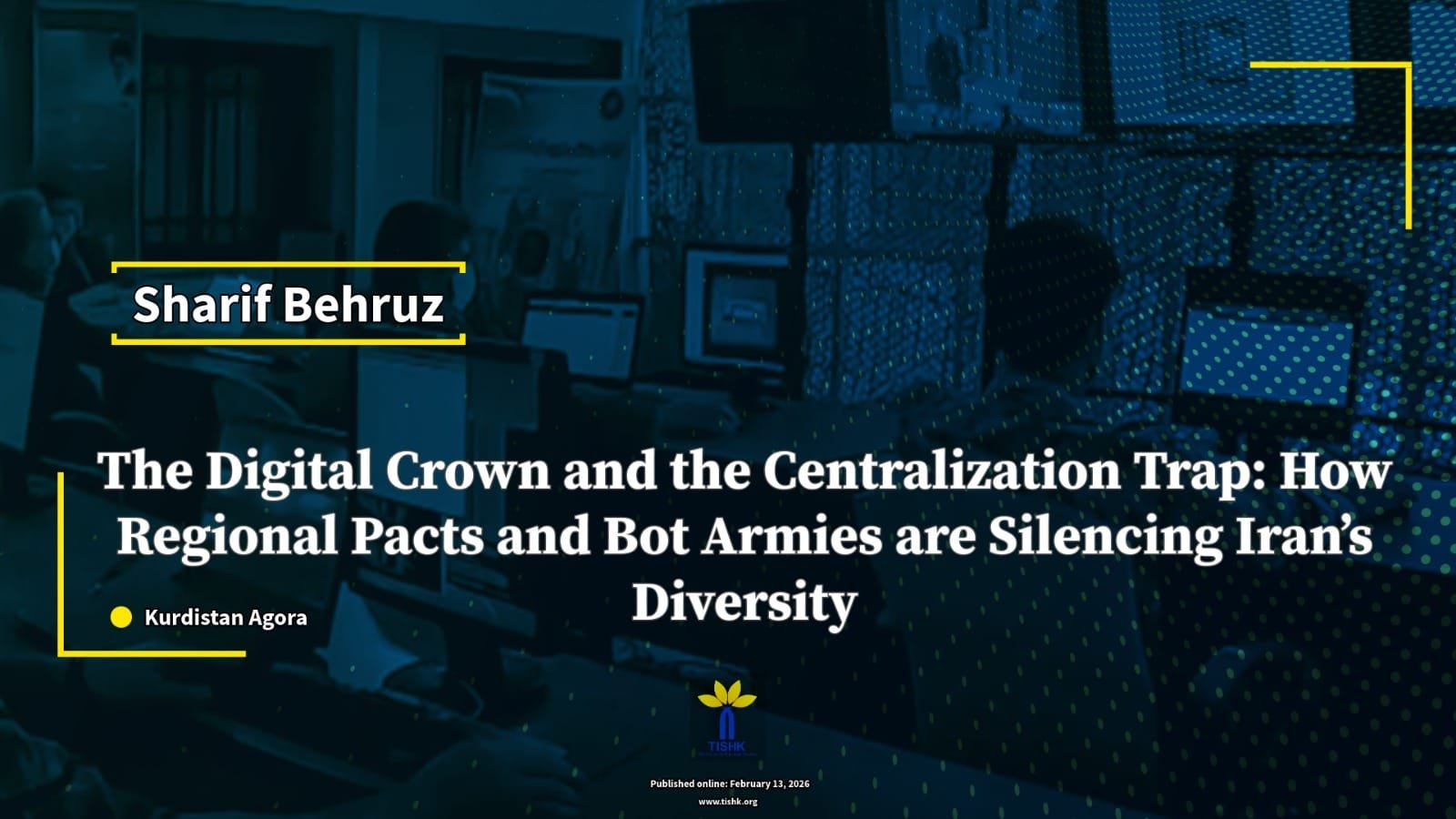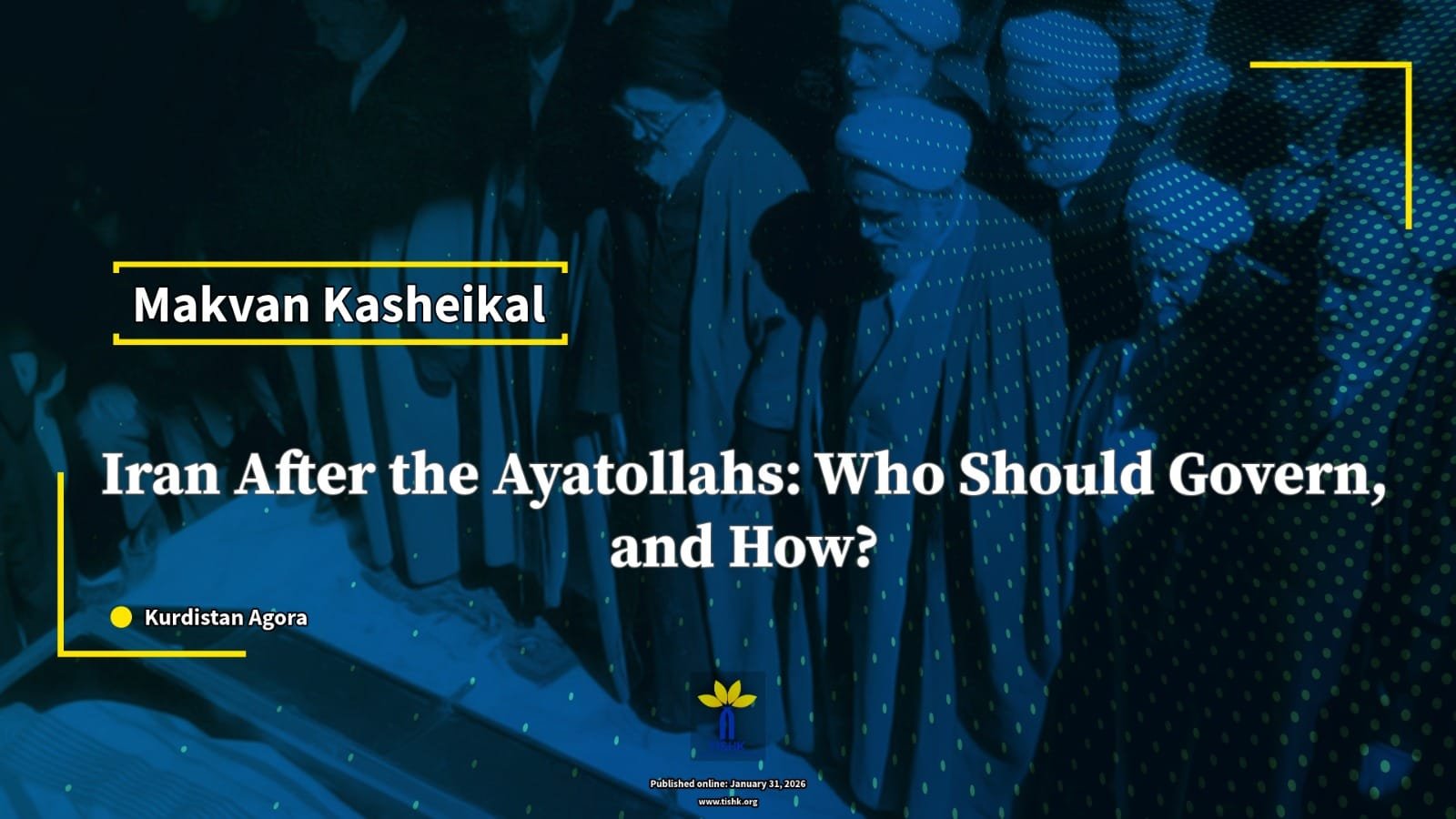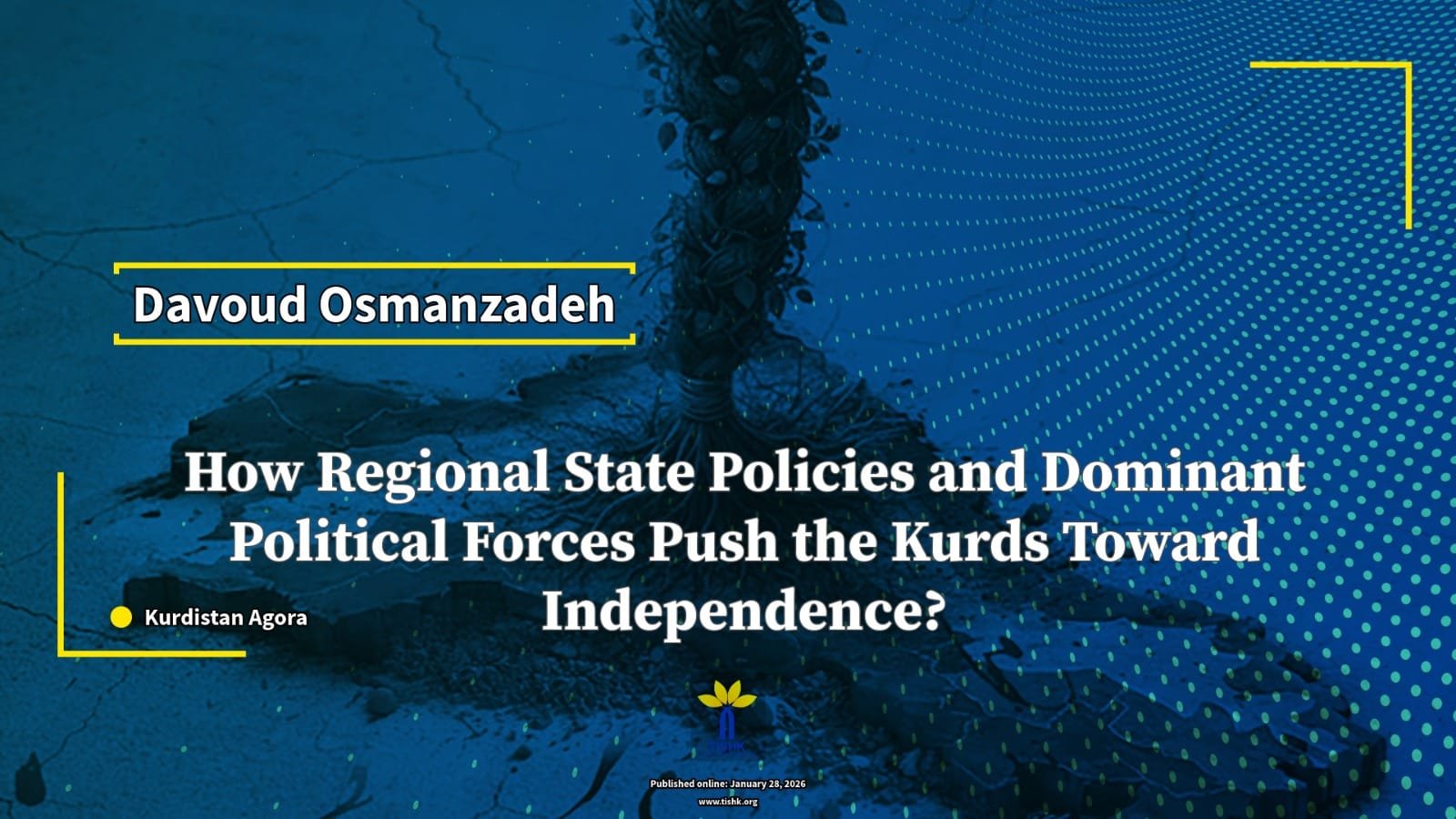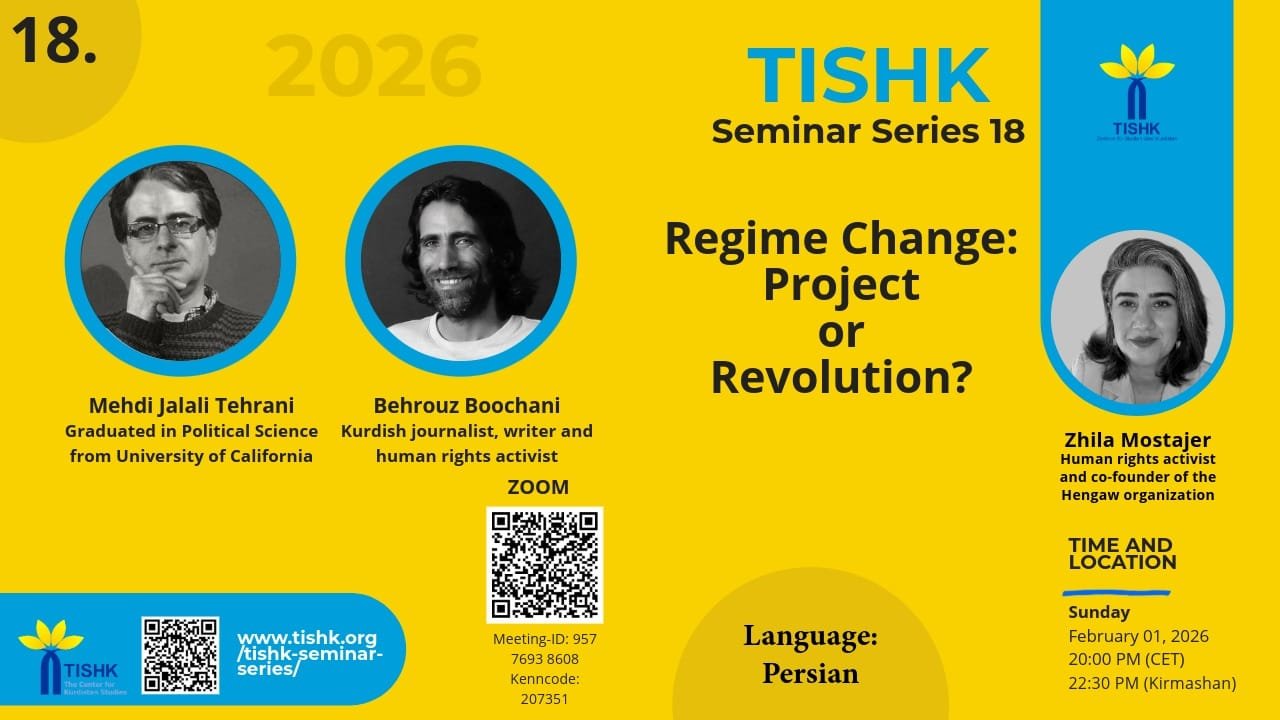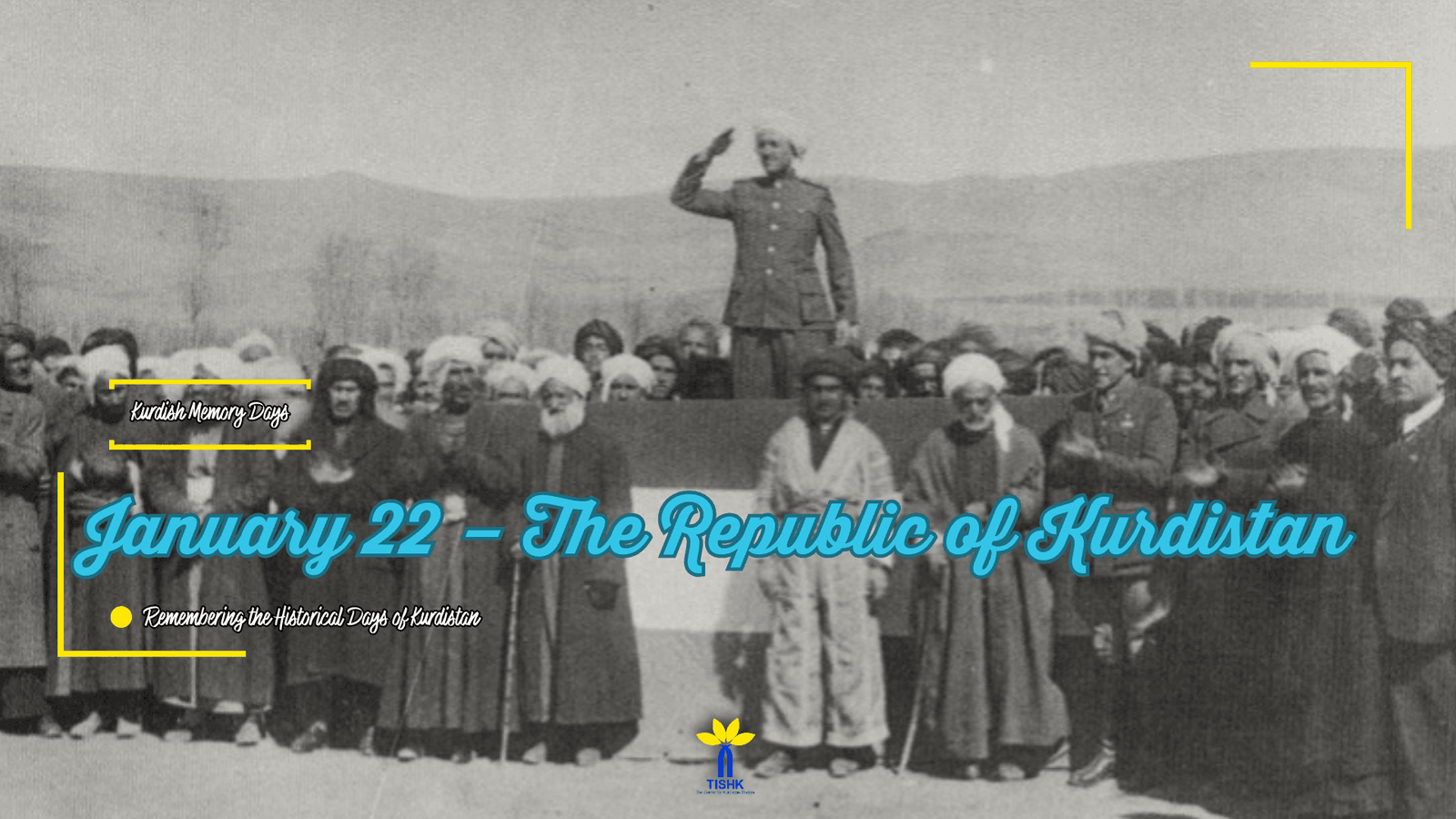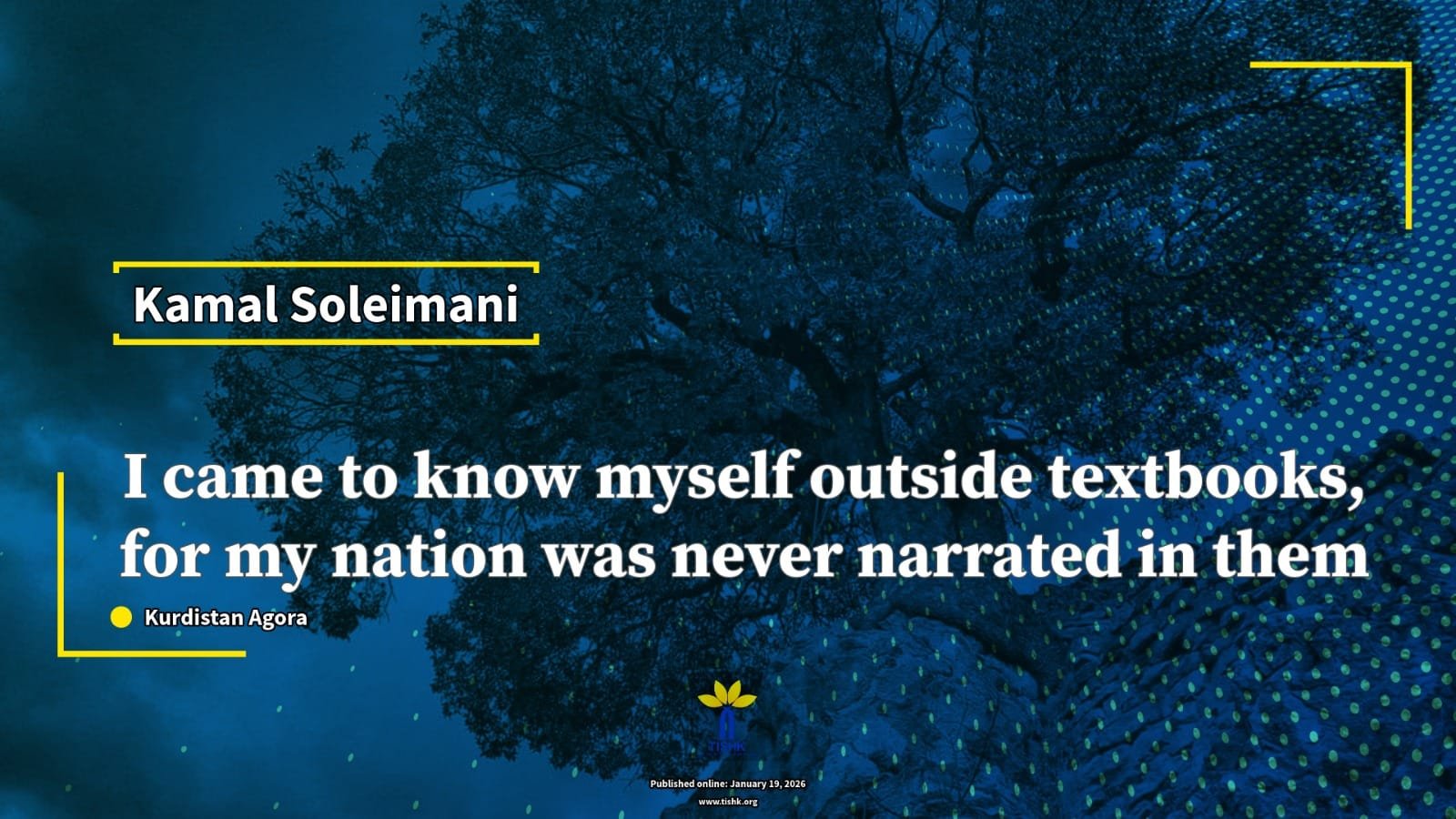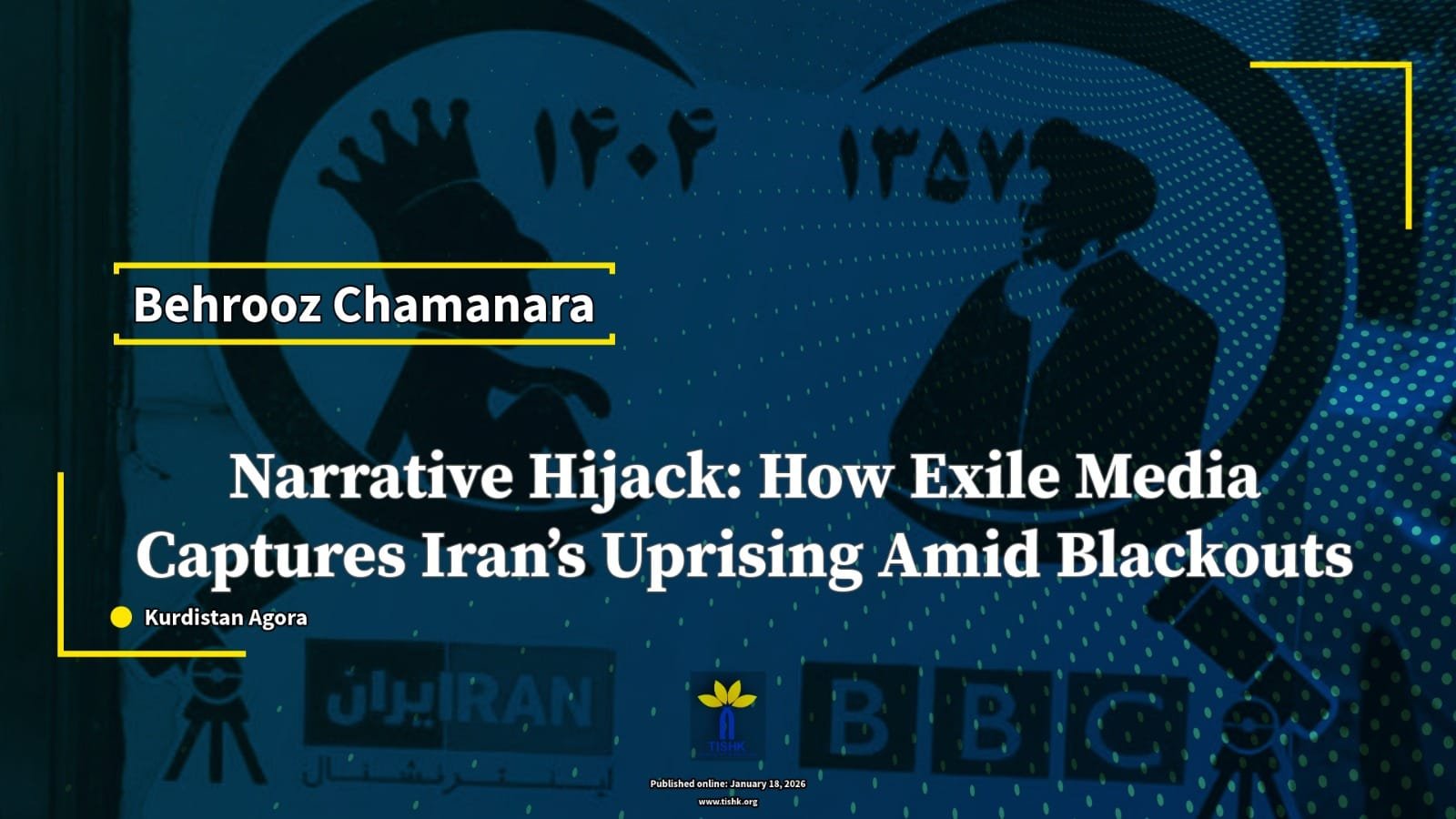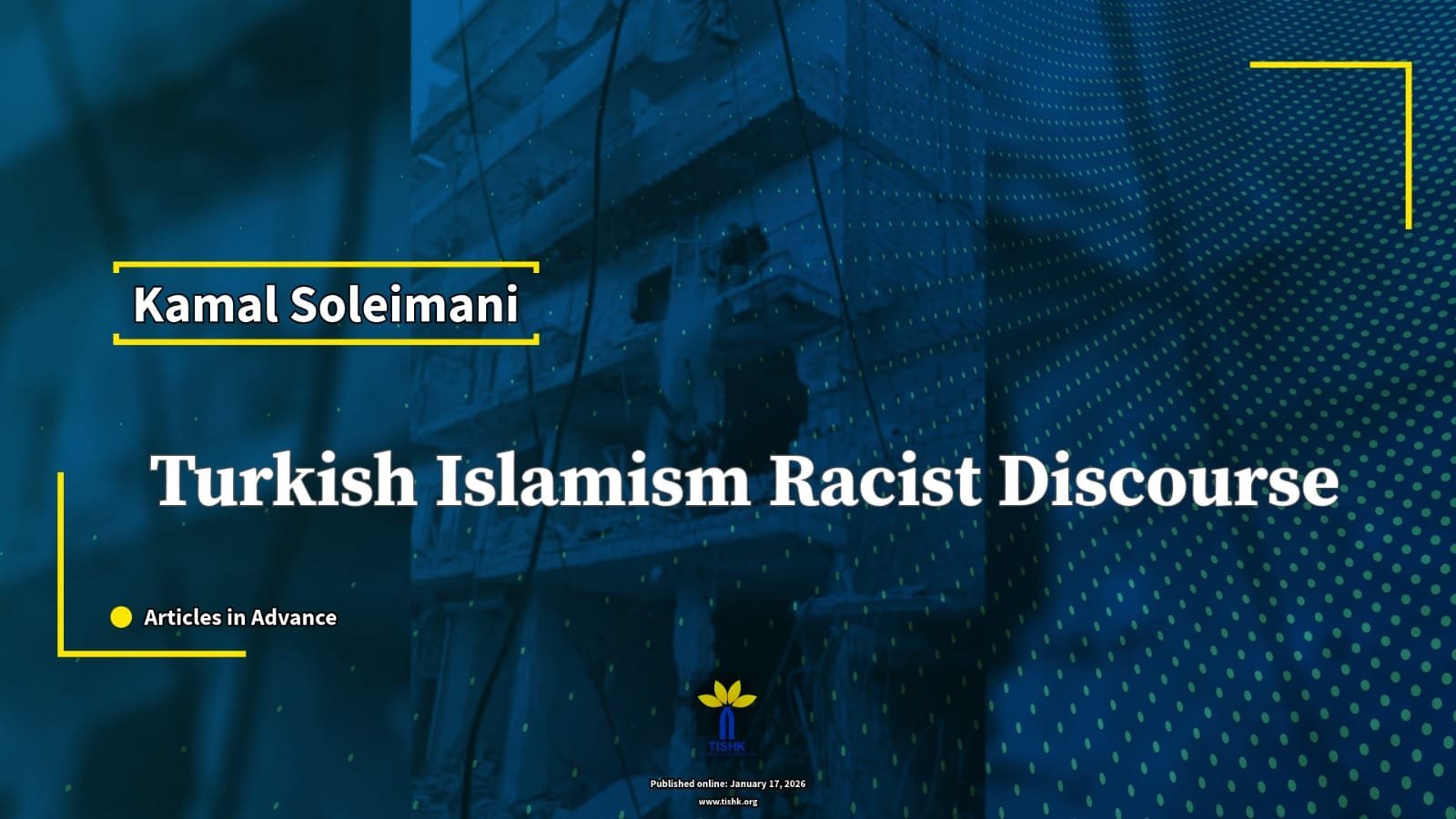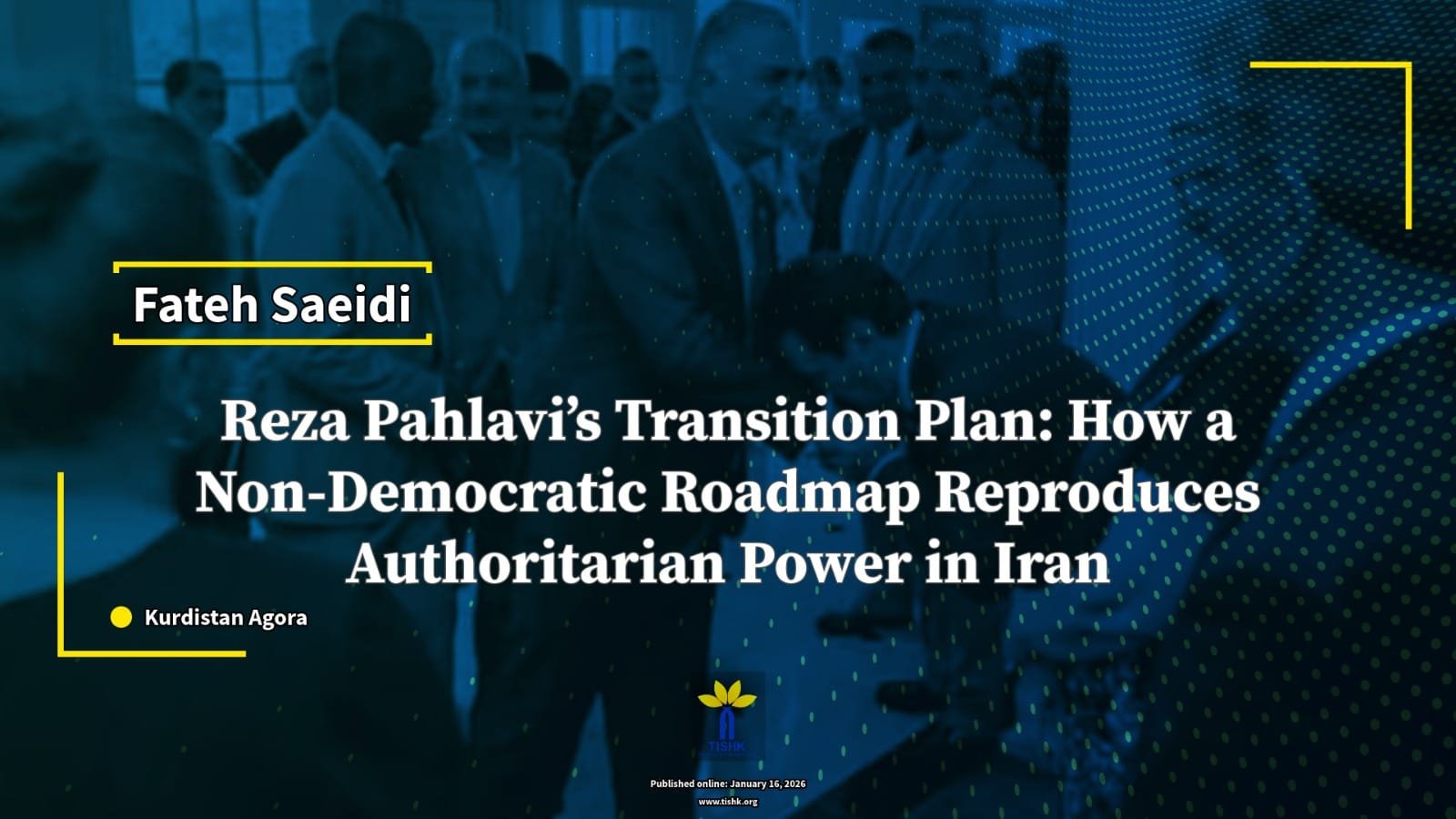Since the 20th century, the pursuit of sovereignty has been a central aspect of the Kurdish movement, profoundly influencing politics in Kurdistan and the surrounding region. This struggle has extended beyond the quest for political independence or the establishment of territorial boundaries; it has also encompassed the formal recognition of Kurdish national identity, which has been systematically oppressed by the nation-states that have colonized Kurdistan throughout modern history.
Kurdish identity is not solely defined by political borders; it is also deeply rooted in the culture, language, and history of Kurdistan. Despite the division of Kurdistan across several states in the region, which has left lasting impacts on the Kurdish question both in the Middle East and the diaspora, Kurds have successfully maintained a strong collective identity. However, the ongoing conflicts and struggles for self-determination, coupled with the shifting political dynamics in the Middle East, have created a unique context that requires scholars to revisit and critically examine these issues.
Important questions arise, such as whether Kurds can adopt different forms of sovereignty while preserving their political identity within the states that currently divide them, or whether they should pursue the establishment of an independent state. Is this a simple binary choice for the Kurdish political future, or does it present a more complex, multi-dimensional challenge?
In light of these considerations, the editorial board of TISHK Magazine invites writers and translators to submit papers and articles on the following topics:
1. Sovereignty in the 21st century: challenges and opportunities,
2. Diverse forms of sovereignty in relation to Kurdish realpolitik in the region,
3. The Kurdish diaspora and the complexities of Kurdish identity,
4. The impact of regional and global conflicts on Kurdish identity and sovereignty,
5. The Jina movement and prospects for Kurdish sovereignty in Eastern Kurdistan/Rojhelat,
6. The intersection of feminism, environmentalism, and Kurdish nationalism,
7. The significance of the Kurdish language in preserving national identity,
8. The connection between sovereignty and international law,
9. The historical tension between class struggle and Kurdish nationalism
10. The potential for the Kurdish movement to achieve political sovereignty,
11. The interplay of political sovereignty, land, and identity,
12. The portrayal of the sovereignty question in Kurdish literature.
The upcoming issue of TISHK Magazine is not limited to the topics listed above. We welcome submissions on any subject that contributes to the broader discussion of Kurdish identity, sovereignty, and related socio-political issues. We encourage authors and researchers to explore diverse perspectives and innovative ideas in their work.
The deadline for submissions is February 8, 2025.
Contact details: info@tishk.org
Editorial Board of TISHK Magazine
TISHK Magazine
A step into the futureTISHK Magazine
The TISHK Magazine is an exciting initiative that represents a step into the future for the center. As a platform for academic research and intellectual discourse, the journal aims to contribute to the advancement of knowledge and understanding of Kurdistan and the Kurdish situation in the Middle East.

